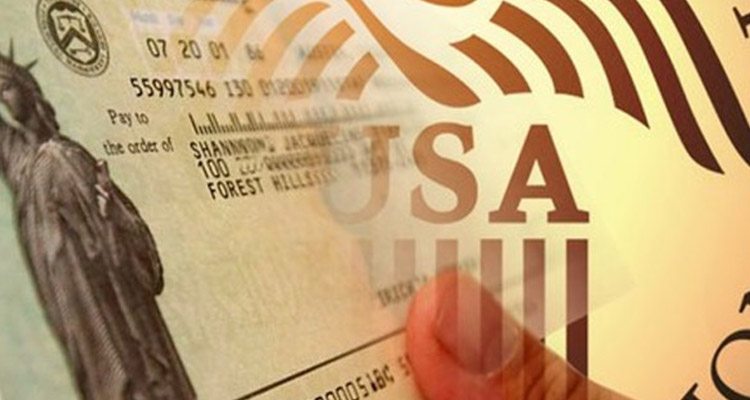Seeing the Hidden Costs of a Seemingly Good Loan

No matter how much money you make, there will likely be a time when you don’t have enough money to cover all of your expenses and when you start looking at loans as a means of doing so. In fact, whether or not you are a high net worth individual, you probably get constant pitches for installment loans, credit cards and other lending products that make borrowing money seem easy and cheap.
One of the saddest things is that, if you happen not to have a lot of money, you probably have more of these products pitched at you than do the wealthy. Some of these companies profit on desperation.
Even if you are diligent about checking out any credit offering you come across, you could still fall victim to some hidden costs that are buried in the fine print on the contract you sign to get the financing or that are engineered into the product through hard-sell tactics and other shady means of doing business. Here are some of the things you should really keep an eye out for.
Setup a meeting with a trusted Financial Advisor in your area
Error: Contact form not found.
Constant Refinancing
Some of the companies that put out bad installment loans will advertise them as easy, quick ways to deal with a financial shortfall. The hidden cost here is that, when you first take out the loan, each payment you make will be almost completely applied to the interest on the loan. The hidden cost comes when, either because the lender keeps encouraging you to do so or because your financial shortfall lasts longer than you thought it would, you keep refinancing.
This means that, rather than digging into that principle with your payments, you just keep paying interest month after month and you still bear the obligation to pay back the principal. According to TIME, this can drive the interest rate you’re paying up to 500% or more. This is a nasty trap to fall into and it literally is the equivalent of just taking your money and burning it. You get nothing out of paying interest, but the lender gets a tidy profit, hence the efforts to get you to keep refinancing rather than to pay off the loan.
Early Pay Off Fees
If you’re responsible with money, one of the first things you try to do when you take out a loan is figure out a way to pay it off early. This can boost your credit rating and, of course, it reduces the amount of money you waste on interest payments.
Some loans actually come with an attached fee for paying them off early, which can end up costing you as much as a couple of month’s worth of interest payments. If you’re taking out a quickie loan to cover some unexpected expenses, make sure that you check the fine print for an early payoff fee. If there is one, one of your options is to let the loan ride and make payments until the full term passes or, conversely, to pay off the early payment fee and be done with the loan. Either way, you probably don’t end up with the loan you thought you were getting and certainly not with the financing that you would’ve wanted.
Service Fees
This type of fee is commonly seen with credit card and other types of revolving credit loans. The real danger with these is that they may be applied to your account without you even knowing that you would be paying for them when you got the credit card.
Watch out for these. According to Fox Business, consumers pay $997.9 million each year in service and luxury fees attached to credit cards. The best way to avoid falling prey to these is to make certain that you keep a very close eye on your credit card statement. If you see a charge on there that you don’t recognize, call your company, ask them what it is and, if it is some sort of a service fee, ask them if it is a service that you can opt out of. If they keep attaching these fees to your credit card or other revolving account, get rid of it and get a better one.
They’re Counting on You Not Noticing
There are good lenders out there that offer excellent financial products and that try to make sure you know all of your obligations under the loan when you sign the documents. However, there are also lenders out there that prey on desperation. Read the contract before you sign it, ask about fees if you have questions and, most of all, do not keep rolling over a high interest loan into another loan. Putting yourself further into debt is never going to fix the original debt that you fell into.







